Cisco to clash head on with HP in server move
Traditionally a networking company, Cisco’s much-anticipated move into the server sector will ruffle a few feathers in the industry.

Cisco has confirmed that it will be entering the server market placing it in direct competition with companies like HP, IBM and Dell.
Under the Unified Computing' banner, Cisco has now moved itself into a position against companies who have traditionally cornered the server market.
It has also collected partners among the likes of Intel, VMWare, EMC and Microsoft in what Cisco's chief executive John Chambers claimed was a game changing' move.
With new UCS B-Series blades, based on Intel Nehalem processors, Cisco will now directly compete with long-standing partners like HP and IBM.
Philip Dawson, an analyst at Gartner, said he believed that the move was firmly targeted against HP, which was trying to make moves into networking with its ProCurve business.
"In the current climate, it's interesting how Cisco have entered the market. It will allow them to kick the tyres [of its competition] a little bit, and try and get successful," he said.
"When it gets a foundation and the market hopefully recovers, that allows it to have done the donkey work and take advantage."
Get the ITPro daily newsletter
Sign up today and you will receive a free copy of our Future Focus 2025 report - the leading guidance on AI, cybersecurity and other IT challenges as per 700+ senior executives
Cisco said it would be unifying the data centre', which it says will integrate computer servers with the network as well as computing, storage access and virtualisation.
However, Dawson believed that although Cisco had an advantage with its network expertise, the Achilles' heel could be the fact it was so dependent on storage partners like EMC.
He said: "That is a lot of hardware dollars it is giving to third parties."
Douglas Gourlay, vice president of data centre solutions at Cisco, said that virtualisation was the main reason why it could now announce its move at this stage.
He said it made testing thousands of applications that was a barrier to opening up systems much less necessary, and made workloads portable, even across vendors.
Paul Maritz, chief executive of VMWare, agreed: "It will really accelerate the trend towards large scale virtualisation."
Gartner analyst Dawson said that Cisco's big focus toward virtualisation was a way to give its new offering a main focus, and that Cisco's move was both acknowledgement and support of its potential. It also explained Intel's role: "As Intel becomes more multi-core, virtualisation allows the badly written apps to work on the cores."
He also said that the endorsements by Microsoft and VMWare added value to Cisco's move.
When chief executive John Chambers was asked whether unified computing would disrupt' the market when it came companies like HP and IBM, which would now be major rivals, he would only say that the announcement was "game changing" and that the market was at a point where it needed "transition".
-
 Enterprises face delicate balancing act with data center sustainability goals
Enterprises face delicate balancing act with data center sustainability goalsNews High energy consumption, raw material requirements, and physical space constraints are holding back data center sustainability efforts, according to new research from Seagate.
By Emma Woollacott
-
 Cleo attack victim list grows as Hertz confirms customer data stolen
Cleo attack victim list grows as Hertz confirms customer data stolenNews Hertz has confirmed it suffered a data breach as a result of the Cleo zero-day vulnerability in late 2024, with the car rental giant warning that customer data was stolen.
By Ross Kelly
-
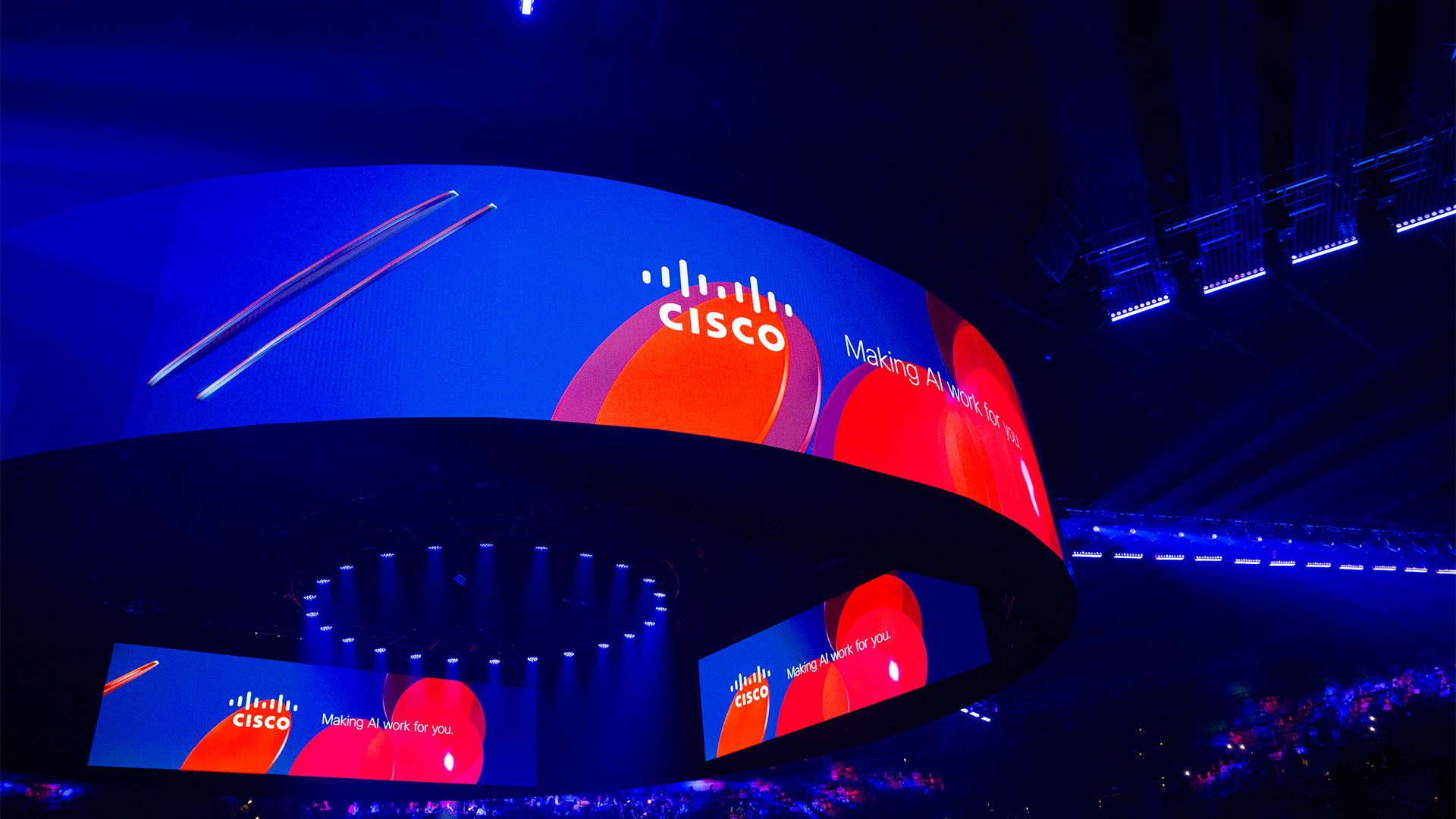 Cisco unveils first product integrations since Splunk acquisition
Cisco unveils first product integrations since Splunk acquisitionNews Cisco said the combination of observability technologies will enable customers to spot infrastructure problems faster
By Steve Ranger
-
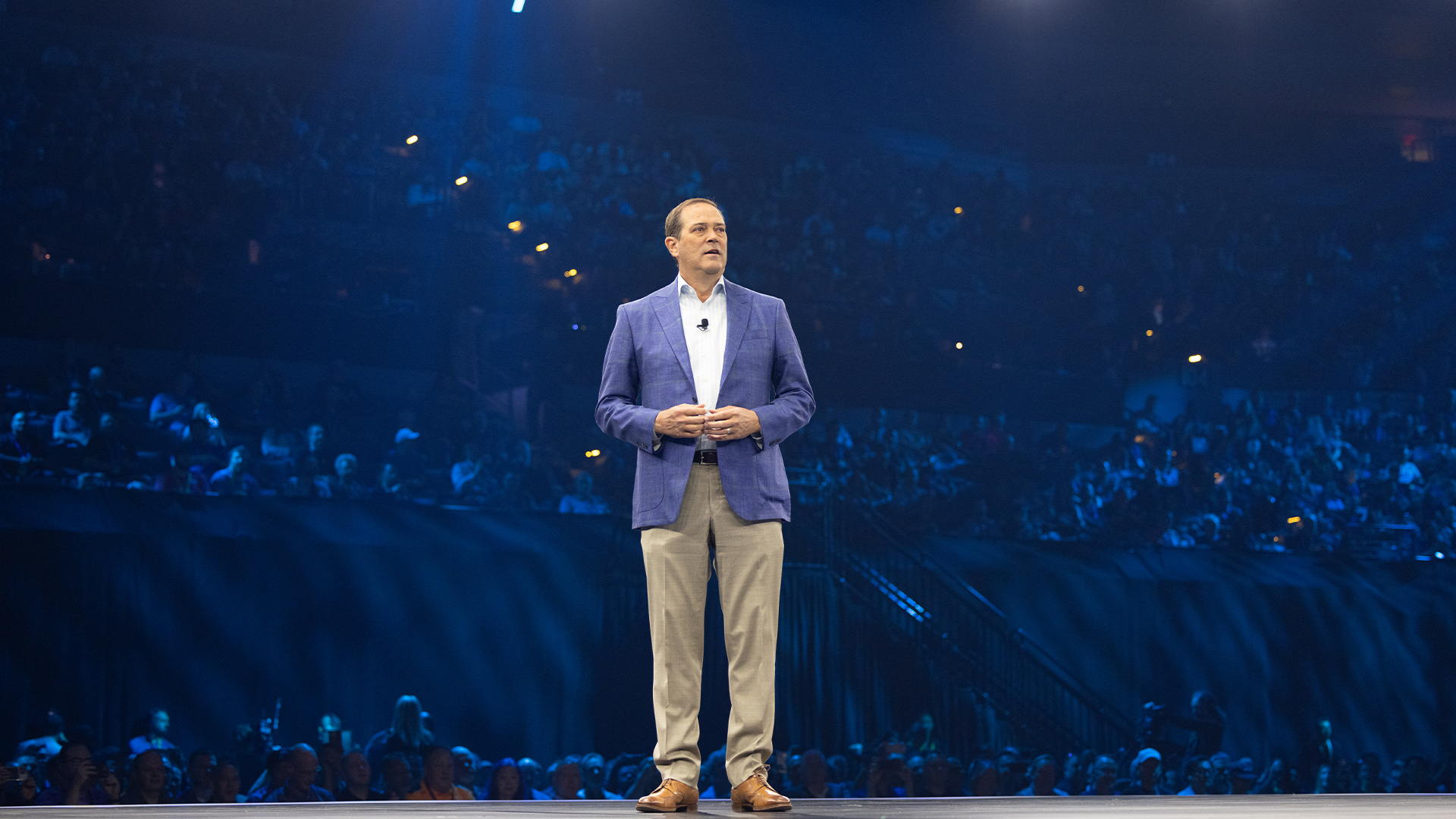 Cisco CEO Chuck Robbins thinks AI adoption is going to be like the cloud transition “on steroids”
Cisco CEO Chuck Robbins thinks AI adoption is going to be like the cloud transition “on steroids”News Cisco is well positioned to guide enterprises through their generative AI adoption journeys, according to CEO Chuck Robbins
By Steve Ranger
-
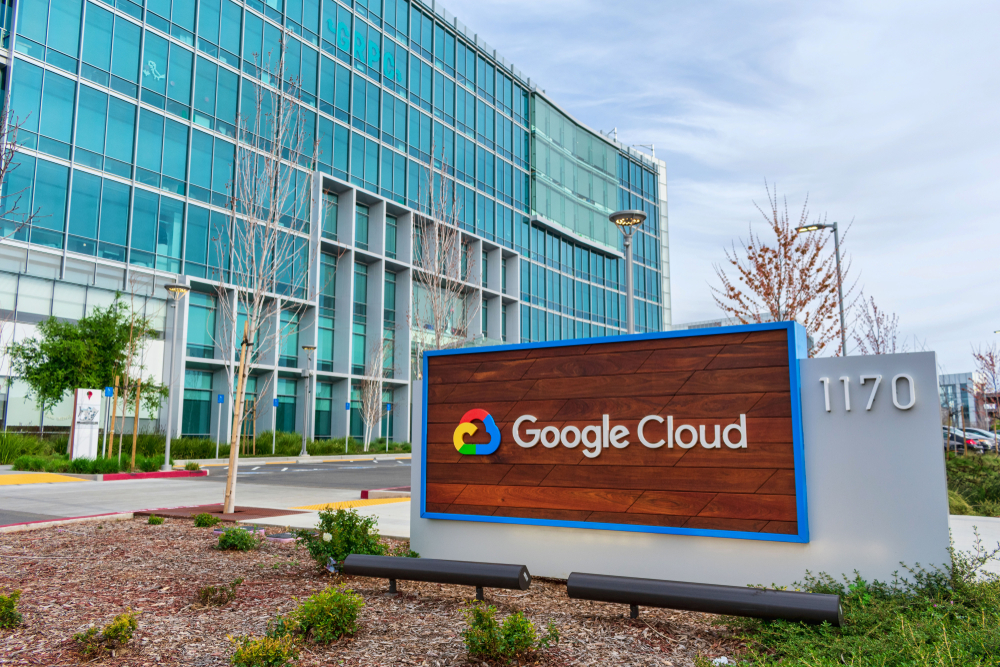 Google extends Cisco networking relationship with cloud-based network management
Google extends Cisco networking relationship with cloud-based network managementNews Centralized management interface eases multi-cloud setup
By Danny Bradbury
-
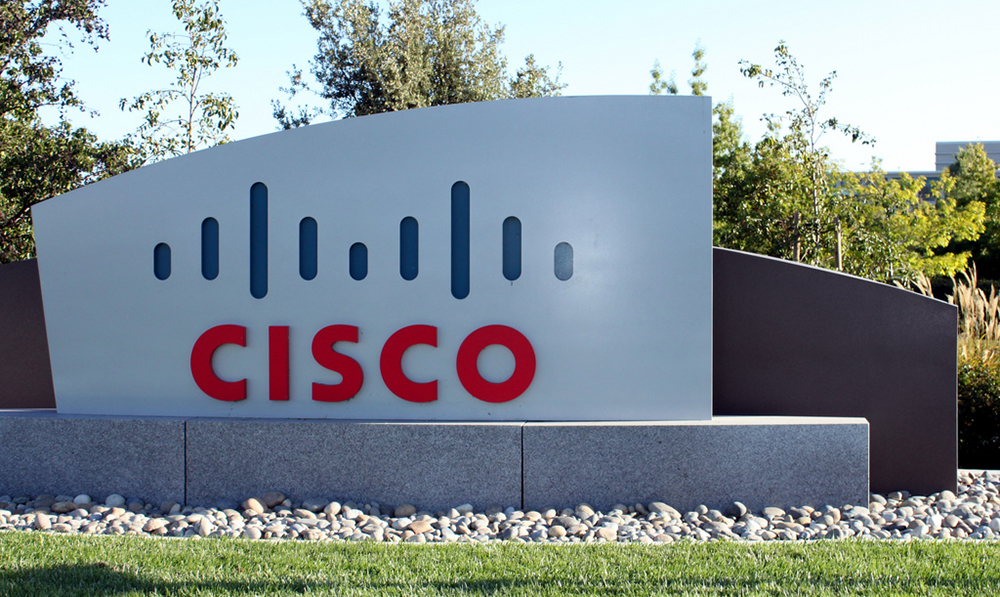 Cisco to acquire IoT specialist Jasper for $1.4bn
Cisco to acquire IoT specialist Jasper for $1.4bnAnalysis Acquisition will give Cisco a “complete IoT solution” and a fresh revenue stream, analysts say
By Aaron Lee
-
 SAP Hana-certified Vblocks on their way
SAP Hana-certified Vblocks on their wayNews VCE announces SAP Hana Vblocks along with several other new additions to its product portfolio.
By Caroline Donnelly
-
 Citrix Synergy 2012: Citrix and Cisco team up to push cloud services
Citrix Synergy 2012: Citrix and Cisco team up to push cloud servicesNews Firms to develop unified a access point for applications, data, voice and video.
By Jane McCallion
-
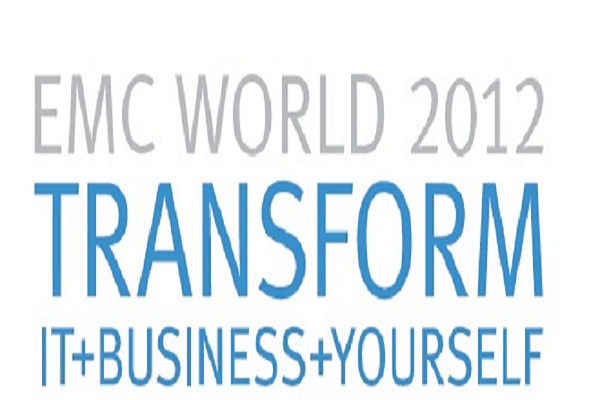 EMC World 2012: VCE unveils EMC VMAX 10K Vblock
EMC World 2012: VCE unveils EMC VMAX 10K VblockNews The tri-vendor coalition takes wraps off new product and sets its sights on becoming a $3 billion company.
By Caroline Donnelly
-
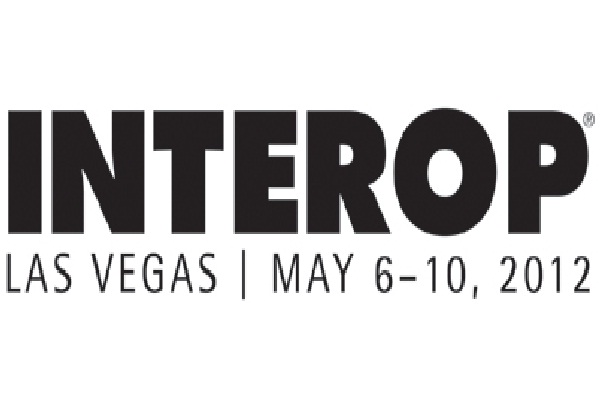 Interop 2012: Networks prove obstacle to cloud adoption
Interop 2012: Networks prove obstacle to cloud adoptionNews Survey finds that IT professionals would rather have root canal work than tackle network issues in cloud deployment.
By Rene Millman